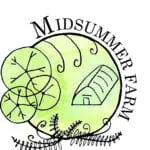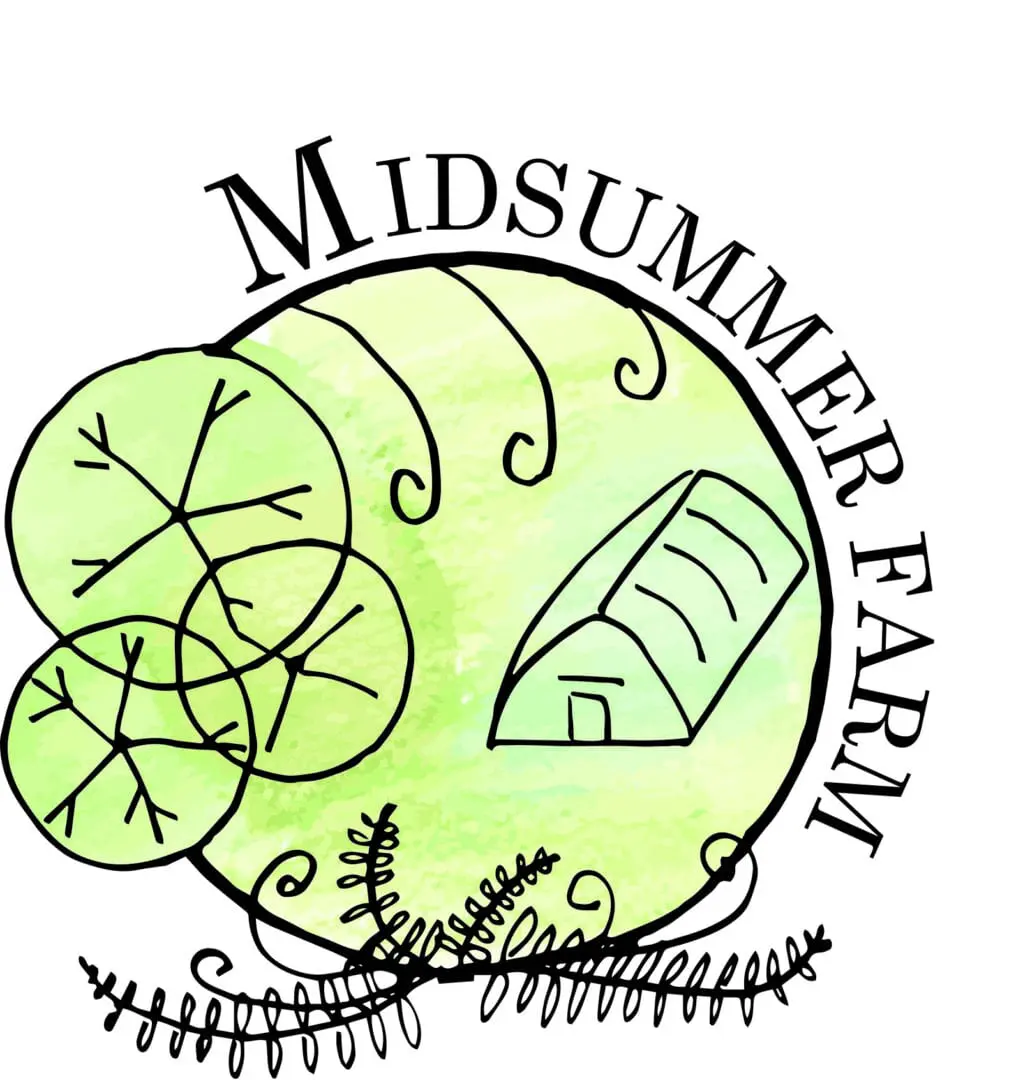Midsummer Farm Permaculture Design Certification Course
Our 2024 course is now open for registration!
Our 2024 course will start on Saturday, April 6th 2024 and take place over 13 Saturdays.
We are finding that running these Permaculture Courses is incredibly inspiring and fulfilling for us - it is always a great group of people who are working at applying beautiful nature-inspired designs to their backyards, gardens, farms, businesses, schools, and communities.
Sustainable and artisanal homesteads, sustainable businesses, and medicinal herb growing fields are in the works or coming to fruition as a result of this course! As instructors, it has been a perfect experience! And a great and supportive permaculture community is being formed and developed. Visit our testimonials page for what our past students are saying about this course.
We've been actively developing this course literally for years and years, and we so excited to be planning the seventh year of this course!
Our PDC (Permaculture Design Certificate) Course is an exceedingly strong and useful experience both for people who have taken Permaculture Courses before and for people new to Permaculture.
Midsummer Farm has been an active teaching farm for many years, offering workshops as well as large-scale intensive courses on topics such as Organic Gardening, Herbalism, Biodynamics, Homesteading, Holistic Health, and Sustainable & Artisanal Living. So many of these things culminate in our Permaculture Design Course.
This Course
Is geared to act as inspiration and an impetus for a change in lifestyle – moving on to another level in sustainable and artisanal thinking – developing a business – activating a homestead – pursuing more fulfilling projects and prospects... We are striving to make this PDC into a season-long endeavor where students get a real and active experience in food production and in designing for beyond-sustainable living.
At the end of the course you will have the tools and experience for self-sufficiency and for creating and developing entities that are fully sustainable, restorative, and successful – entities like farms, intentional communities, design businesses, and homesteads.
Limited Seating!
Please note - Because we want to provide a individualized experience and our farm spaces are small, we have to limit the number of seats available for this course to 12 participants!
Please register as soon as possible to insure your spot!
We Spread Out the 13 Class Days Throughout the Season
So you can experience the seasonal changes as well as participate in the seasonal tasks that are part of your job as the steward of a naturalized space.
During our class time together, we will be doing lots of hands on activities and personalized discussions... but students will also be taking home a hefty binder of handouts full of top-notch information and directions - all the materials we wished we had in hand before we started this work.
Course Will Cover
With permaculture, there is a paradigm shift – for permaculturists, sustainability is simply not enough – we want to heal and repair what has gone wrong and create abundance.
In our Permaculture Design Certification Course, we will be actively covering the following topics:
- Designing -Where are we?, understanding our bio-region and its natural history, Recognizing patterns in nature – what is a natural eco-system? culture of a single plant or tree, culture of a forest, mapping, landscape drawing, shadow maps, design charrettes, full understanding of permaculture principles and how to apply them in context…
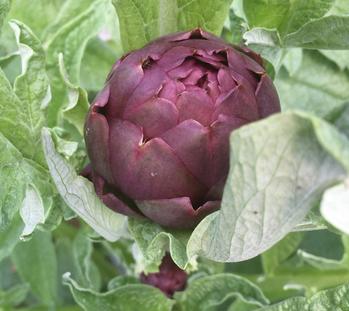
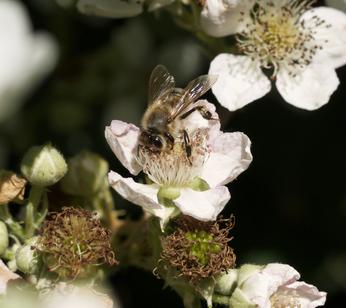
How Would One Use a PDC?
Our goal for this course is to empower the participants – providing a windfall of info and experience along with a certificate.
This course is being designed as a great addition to the resume of someone wanting to change direction and work more sustainably.
Or a PDC like this can be used as a jumping off point for starting or inspiring a new sustainable business.
It can also be an intense way to gather up skills and info and make dramatic and sustainable change in a backyard or homestead or small farm. The design skills and practical knowledge can be used to positively and ethically impact your own life or a community or even the world.
Class Schedule
The 2024 course is 13 full-day classes on Saturdays - starting April 6th
Then the schedule will be as follows:
Day 1 – April 6th
Day 2 – April 20th
Day 3 – May 4th
Day 4 – June 15th
Day 5 – June 29th
Day 6 – July 13th
Day 7 – July 27th
Day 8 – August 10th
Day 9 – August 17th
Day 10 – September 14th
Day 11 – September 21st
Day 12 – October 12th
Day 13 – October 19th
Day 14 – November 2nd (possible bad weather make-up day)
Who Should Take This Course?
Participation in a PDC is perfect for anyone who is ready to make a change and is thinking there is something more meaningful to be spending time pursuing.
This PDC will provide knowledge and hands-on experience that can be directly applied to personal homesteading, a farm or other holistically-minded business, community projects, a design business, or as a resource for any career in sustainability.
Business and Enterprise Development
The practical nature of our PDC has a secondary focus on business building. We will be spending time during this PDC on business development from a holistic and ethical standpoint.
We'll be covering: Certifications (Organic Certification Process, Biodynamic (Demeter) Certification, Animal Welfare Approved, Certified Naturally Grown, etc. ), grants, business structures, applying permaculture principles to money, triple bottom line accounting, B-Corps and LLC and non-profit structures, producing money and food, micro-farming movement, design and consultation work, business plan, insurance, keeping track and record keeping…
Many of the practices associated with a solid business also apply to a successful homestead as well.
Registration & Payment
Registration for Permaculture Design Certification Course
This Full-Scale Season of Learning and Certificate in Permaculture Design is $1285.00 per person.
That includes 13 full day classes, textbook, and intensive handouts and materials.
We have a limited number of seats -so register soon!
Our Homesteading Course also very nicely complements this Permaculture Design Certificate Course. If you take both courses together this year, you we will give you $200 credit on plants! And $100 off the total cost!
To register for both our 2024 Homesteading Course and our Permaculture Design Course, click here!
Your Permaculture Design Project
This is an important aspect to your permaculture education and certification. Permaculture is a huge and complex subject and can take a plethora of different directions. Your project is like your major in college - you'll mention it whenever you mention your certification. It will help validate you - your work - your projects - validate you as a permaculture designer.
You don't need to do the project if you don't want to become certified. But we highly recommend that you do your best to do a project and make it good. We are planning to have time put aside for individual consultations for developing your projects. Projects can be on any scale - something you are setting up in your own backyard, homestead development, active research on a large scale project, or you can also do a formal business plan as your project.
Instructors
The main instructor is Barbara Taylor-Laino, accompanied by her husband and co-farmer, Mark, and a strong team of guest teachers. Each of the guest teachers has been chosen for their expertise, as well as their experience and insight working in a variety of permaculture-related fields.
It is going to be an exceptionally inspirational course – designed to help you move forward toward accomplishing what you want in life.
We'll Be Using this Book
Practical Permaculture by Jessi Bloom and Dave Boehnlein will be our text book!
It is a wonderful book that I am sure you'll keep as a reference for years to come.
Once you register, I will send it out to you so you can get started early if you want!
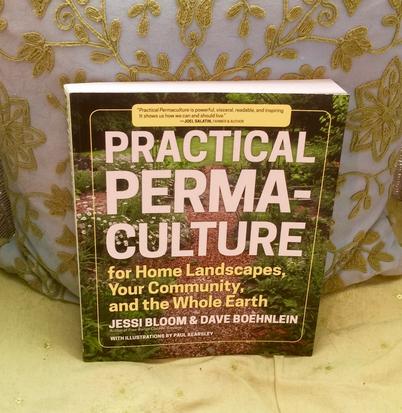
Comprehensive Coverage of the Permaculture Design Principles
Permaculture is about creating human living arrangements that mimic nature. Part of permaculture design is becoming aware of how nature works on all its multi-faceted levels. This can be very complex and yet beautifully simple at the same time.
To help in your work at applying natural rules and patterns to your projects and designs, here's a quick summary of some of the Major Permaculture Design Principles. These can be applied for making decisions as well as in designing systems, businesses, farms, gardens, homesteads, etc. Each instructor and user of permaculture has a slightly different variation on these core principles, but they can all be credited back to David Holmgren's work at better focusing and organizing the extreme complexity and depth of effects encountered when designing with nature.
The Permaculture Design Principles
1) Every site - big or small - is an individual and needs to be observed and treated as such. Interactions must be specific and customized to the site.
2) Resources and energy should be recycled or stored within each system. Make use of every chance for catching and storing resources. Don't allow for waste.
3) The elements within your design must interact with one another - this is where diversity comes in - the connections between the elements create a healthy ecosystem. Elements will help one another and save time and effects.
4) Each element within your design should yield something.
5) And each element should also be useful in multiple ways. Plan for redundancy and backups.
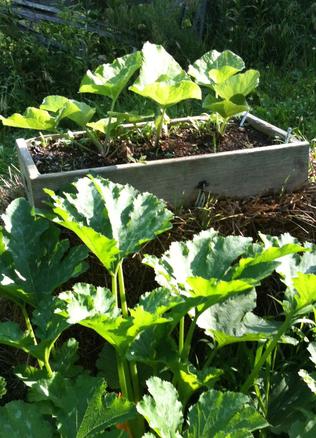
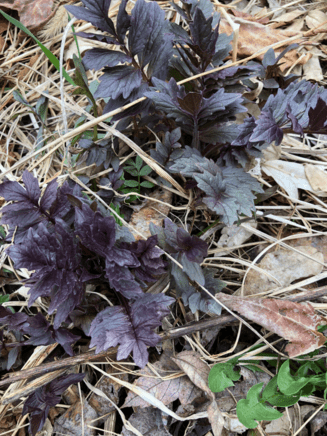
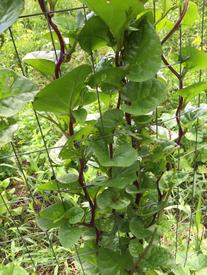
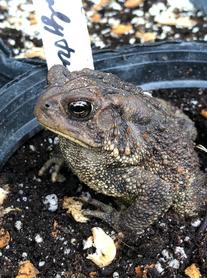
Interested in Participating in a Future Permaculture Course?
Let us know! We'll keep you in the loop with fun and practical permaculture info!
"*" indicates required fields
